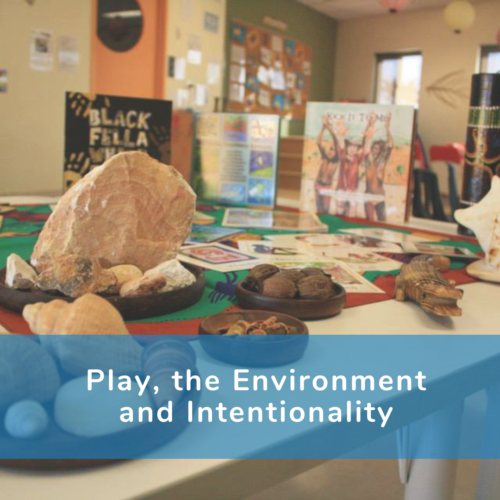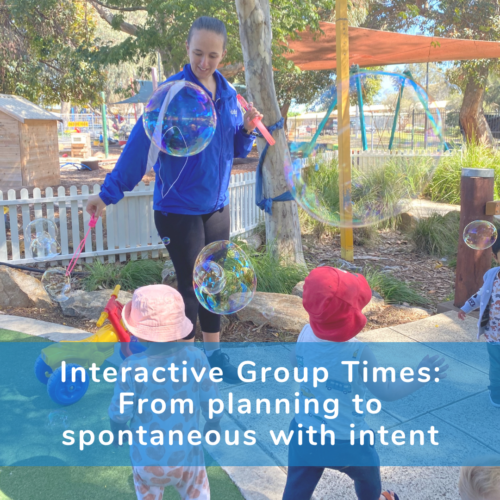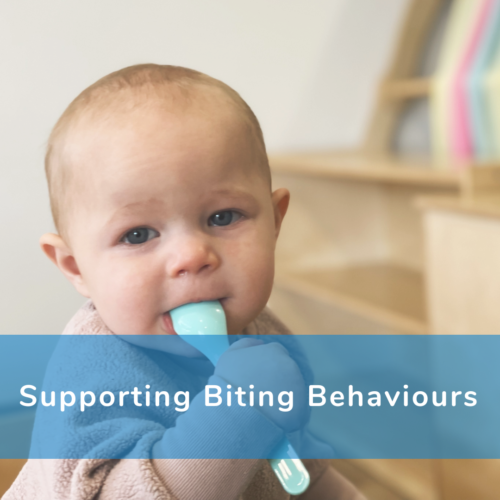Sustainability | Beyond Recycling and Worm Farms: On-Demand Webcast
$ 29.00 Ex GST
Environmental sustainability which focuses on caring for, preserving and protecting nature may seem most relevant to this principle however, you may not realise how much they link to other aspects of sustainability.
Social sustainability is about the inclusion of all in our community through respectful engagement, local and global. It is also about living together peacefully, and caring and connecting with those surrounding us.
Economic sustainability refers to practices that focus on fair and equitable access to resources, conserving resources, and reducing consumption and waste.
In this webcast, these dimensions are discussed along with examples and ideas for embedding these aspects into everyday practice.
IMPORTANT: Purchasing Instructions
- Buying this course for someone else? Tick the “Purchase for someone else” box and enter their name & email in the upcoming checkout steps.
- Buying this course for your team? Tick ‘Enable Group Purchase’ and enter the number of team members below.




